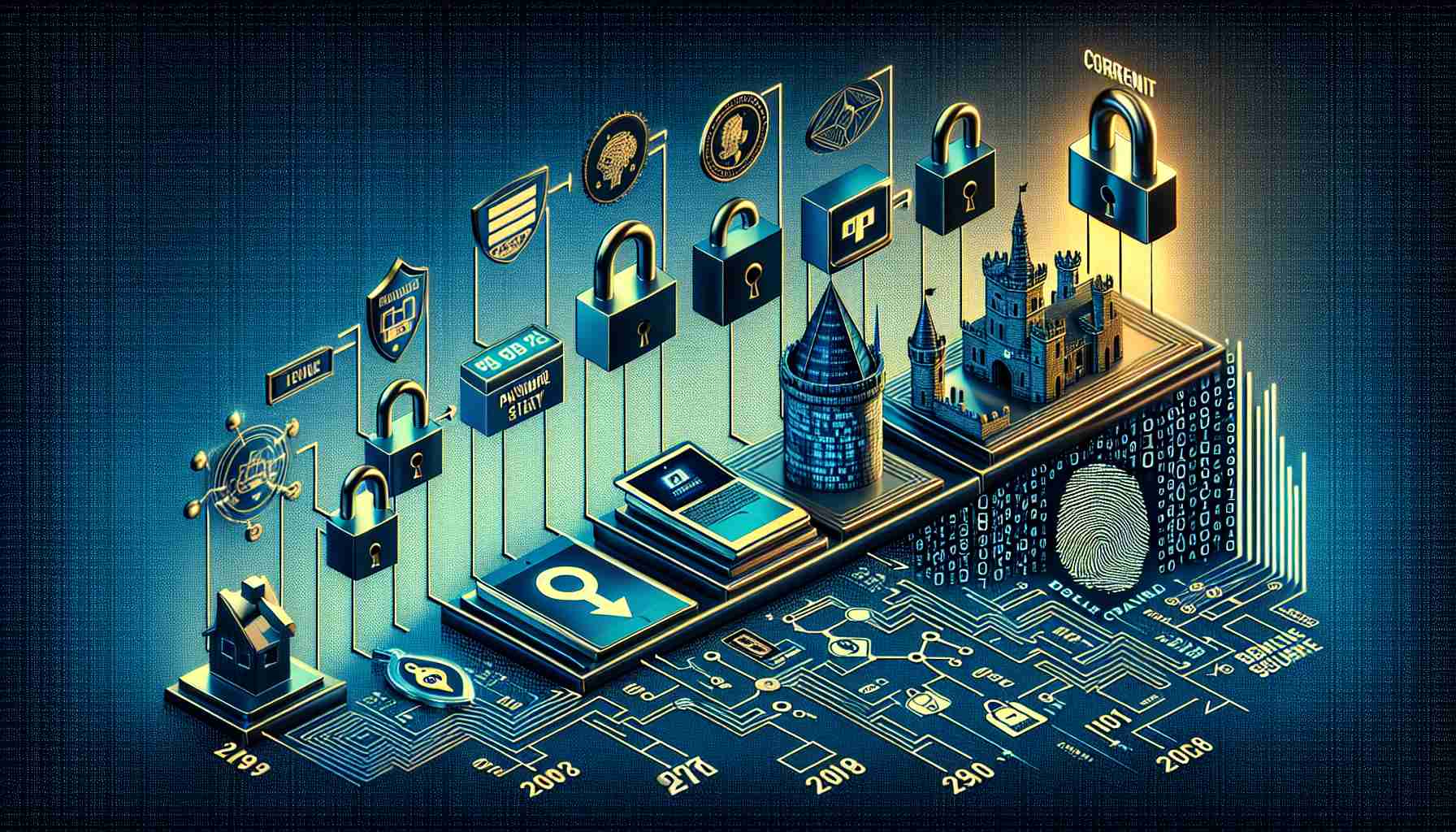The Impact of Artificial Intelligence on Education
Education is undergoing a profound transformation with the pervasive influence of artificial intelligence (AI). The field not only benefits greatly from AI applications in management and teaching but also actively participates in the development of human resources and the creation of technological advancements in this sector.
Embracing AI for Effective Educational Transformation
Incorporating AI into education is not just an opportunity but also a significant challenge. The key lies in conducting diligent research to enhance efficiency and ensure progress. It is crucial to collect and update data continuously, develop mechanisms and policies, train educators and administrators, and equip students with various tools tailored to their specific age groups and learning needs.
Enhancing Teaching Practices with GenAI
Generative AI (GenAI) is revolutionizing teaching practices by assisting educators in generating innovative ideas, detailed lesson plans, individualized assessments, tutoring students, translating content, and creating diverse and personalized teaching materials. The implementation of GenAI in education opens up a world of possibilities for educators to unlock their full potential.
Shaping the Future of Education with Data Analysis
Incorporating large-scale data analysis techniques into online learning activities and tailoring educational experiences at all levels can significantly improve the quality of teaching and learning. Additionally, developing online courses for universities and educational institutions, integrating data analysis for effective monitoring, analysis, and promotion of learning outcomes, and offering training programs are essential steps towards personalized and data-driven education.
Responsibly Integrating AI in Education
While AI presents immense opportunities for enhancing educational practices, it is crucial for educators and policymakers to approach its integration thoughtfully. By understanding AI’s potential impact on shaping individuals in a digital world and establishing clear boundaries for AI applications in education, institutions can maximize its benefits responsibly.
Future Perspectives and Recommendations
The shift towards data sharing, transparency, and innovative practices in education is indispensable in the digital age. It is essential for policymakers to refine relevant policies and legislation, raise awareness, and foster collaboration in data sharing across government agencies to drive economic and social development through creative innovations.
Revolutionizing Education Through AI Innovations: Exploring Further Advancements
As the landscape of education continues to evolve with rapid technological advancements, the integration of artificial intelligence (AI) innovations is poised to revolutionize traditional teaching methodologies. While the previous article highlighted some key aspects of AI in education, there are additional dimensions and questions that merit exploration to delve deeper into this transformative journey.
Unveiling Unexplored Aspects of AI in Education
What are the ethical considerations surrounding the use of AI in educational settings? How can AI be leveraged to cater to students with diverse learning abilities and preferences? These are pertinent questions that underscore the complexities of integrating AI in education and necessitate a nuanced approach to ensure equitable access and inclusion for all learners.
Challenges and Controversies in AI-Driven Education
One of the primary challenges associated with AI in education is the potential bias in algorithms that may inadvertently perpetuate disparities or favor certain student groups. Additionally, concerns regarding data privacy, security, and the ethical implications of AI decision-making processes pose significant dilemmas for educators and policymakers alike. Balancing innovation with safeguarding students’ rights and well-being remains a critical issue in the realm of AI-driven education.
Advantages and Disadvantages of AI Innovations in Education
The advantages of leveraging AI in education are manifold, ranging from personalized learning experiences and real-time feedback to enhanced teacher productivity and administrative efficiency. AI-powered tools can adapt to individual student needs, identify areas for improvement, and streamline educational processes. However, the reliance on AI systems may lead to a reduction in human interactions, potentially diminishing the social and emotional aspects of learning. Furthermore, the initial cost of implementing AI solutions and the need for continuous training and upskilling present notable challenges for educational institutions.
Exploring Further Resources on AI in Education
For educators and stakeholders looking to delve deeper into the realm of AI innovations in education, exploring reputable sources such as EducationAI can provide valuable insights and resources. From case studies highlighting successful AI implementations in diverse educational settings to discussions on emerging trends and best practices, these resources offer a comprehensive overview of the intersection between AI and education.
In conclusion, while AI innovations hold immense potential to revolutionize education and empower learners in unprecedented ways, navigating the complexities and implications of integrating AI in educational practices remains a pressing concern. By addressing key challenges, fostering ethical considerations, and leveraging the advantages of AI responsibly, the education sector can embark on a transformative journey towards a more inclusive, data-driven, and innovative future.






















